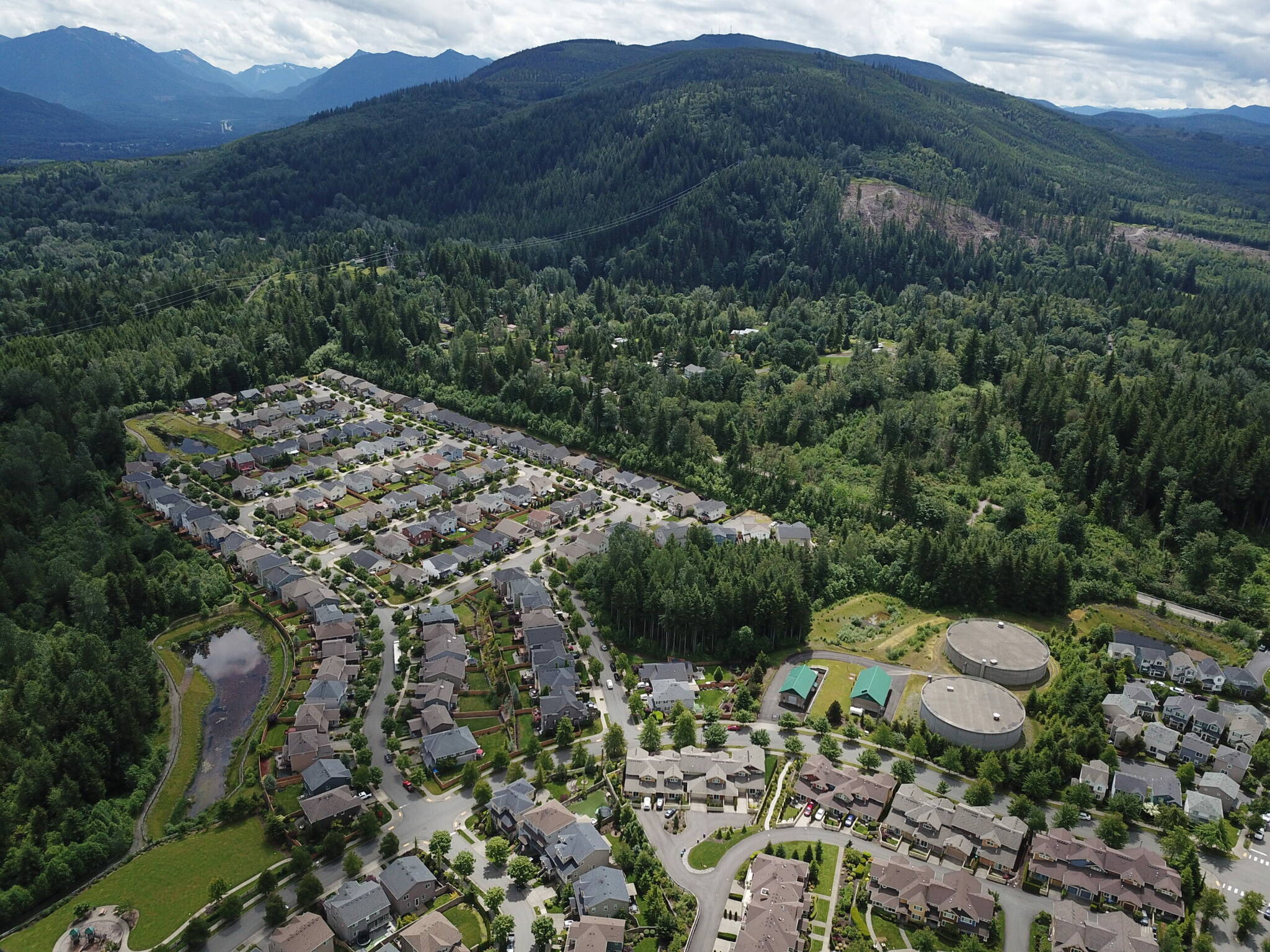Snoqualmie has attained sterling status by Tree City USA for its commitment to urban forestry.
During the April 22 Snoqualmie City Council Meeting, Julia Kast, the evergreen communications coordinator for the Washington State Department of Natural Resources, congratulated the council and its staff on the city’s status.
The organization is committed to the mission of environmental change by providing communities with the framework to maintain and grow their tree cover. Snoqualmie was first recognized as a tree city in 2010 following its adherence to the following four standards: the establishing of a tree board or department, a tree-care ordinance, an annual community forestry budget of at least $2 per capita, and an Arbor Day observance and proclamation.
Since then, the city’s Stormwater and Urban Forestry Division, led by Master Arborist Phil Bennett, has earned 10 consecutive growth awards for demonstrating high levels of tree care and community engagement, qualifying Snoqualmie for sterling status — a certificate the city was awarded in April.
“We look at your community as leaders in urban forestry within our state and our country,” Kast said. “Know that you’re being watched, you’re being followed, and you’re being used as an example.”
Earning sterling status is a challenging task, said Kast, who shared the department’s admiration of the city and its leading role in statewide efforts to protect and maintain forests.
“Something that’s really neat about your program is how proactive you are … a lot of our communities are reactive in their urban forestry,” she said. “Because of this, you are saving money in the long run and mitigating risk and hazard to trees and people.”
In past years, Bennett and his team, with support from program and community partners, spearheaded outreach campaigns focused on protecting and enhancing local forests. They also created materials to provide residents with information on native plants, developed funding streams for the program, and completed an Ecosystem Services Assessment to evaluate the benefits their work brings to the community.
To earn its tenth growth award, the division conducted a proactive tree risk assessment on city property to identify and later remove hazardous trees. They also provided an annual report of its 2023 efforts and promoted a new certified arborist.
Bennett mentioned one of the division’s most significant projects — the Green Snoqualmie Partnership, which aims to engage resident volunteers in removing invasive species from forests, planting native plants and trees, and protecting the health of the forests through work to restore over 1,000 acres of city forestland.
The neighboring cities of Duvall and North Bend are also recognized as tree cities, but Snoqualmie is the first in the Valley to attain sterling status, and the sixth in the state.
“It would be a mistake to think that I did this myself,” Bennett said during the council meeting. “Without the help of all the partners and the community, we wouldn’t have achieved very much. There was help in terms of funding dollars. There was help in terms of people showing up to volunteer events … we are tremendously grateful.”
Looking forward, the Stormwater and Urban Forestry Division plans to continue working to replace street trees in poor health on Snoqualmie Ridge and is putting together a proactive and reactive plan in anticipation of the emerald ash borer, an insect that is devastating ash trees in the United States.


